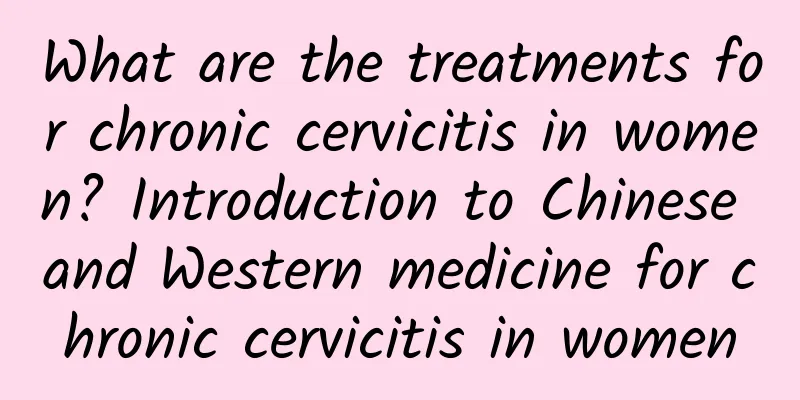What are the eight precautions after artificial abortion?

|
1. Pay attention to rest: It is usually recommended to rest in bed for 1 week. If conditions do not allow, you should rest in bed for at least 2-3 days. You can get out of bed and move around later, and gradually increase the activity time. Do not engage in heavy physical labor within half a month after the abortion. 2. Nutritional supplements: especially protein, iron, and vitamin B12, which are necessary raw materials for blood production, while vitamin C, water, minerals, and cellulose are essential nutrients for the human body. After abortion, you should eat more fish, meat, eggs, bean products, protein-rich foods, and fresh vegetables rich in vitamins to speed up your body's recovery. 3. Observe the bleeding: If vaginal bleeding lasts for more than one week after abortion or if there are symptoms such as lower abdominal pain, fever, abnormal vaginal discharge, etc., you should go to the hospital for a follow-up examination and treatment in time. In addition, you should go to the hospital for a follow-up examination within one month after abortion. 4. Adhere to contraception to avoid re-pregnancy: After abortion, the ovarian and uterine functions gradually recover, and the ovaries ovulate on schedule. If you do not adhere to contraception, you will get pregnant again soon, which will have a greater impact on your body. 5. Psychological adjustment: After abortion, many women will become anxious or self-pitying. They will feel that they are not cared enough and worry about the impact on their future health. In fact, proper care and understanding as well as dietary adjustments can untie the knot and restore happiness and self-confidence. 6. Protein supplement: Protein is an important component of antibodies. If it is not taken enough, the body's resistance will be reduced. Within half a month after artificial abortion, you can eat more chicken, lean pork, eggs, milk, beans, bean products, etc. 7. Vitamin supplement: After artificial abortion, the body is weak and sweats frequently. Therefore, water should be supplemented in small amounts and multiple times to reduce water evaporation; sweat excretes more water-soluble vitamins, especially vitamin C, vitamin B1, and vitamin B2. Therefore, eating more fresh vegetables and fruits is also helpful to prevent constipation. 8. Limit fat: On the basis of normal diet, limit fat appropriately. The fat should be controlled at about 80 grams per day within one week after surgery. Avoid eating irritating foods, such as chili peppers, wine, vinegar, pepper, ginger, etc. These foods can stimulate organ congestion. Also avoid eating cold foods such as crabs, snails, and river clams. |
<<: What to eat after miscarriage is good for uterine recovery - women must pay attention
Recommend
Health care knowledge about uterine fibroids
The uterus is a female-specific organ and the cra...
Can Guizhi Fuling Pills treat uterine fibroids?
Guizhi Fuling Wan is a traditional Chinese medici...
The secret to losing fat in 2 months: weight training + squats
Those who have been to Japan have probably seen t...
Symptoms of cervical erosion in women of different degrees
Many women panic when they find out they have cer...
Common causes of adnexitis
Although many people have learned about adnexitis...
How to use medication correctly for patients with pelvic inflammatory disease
How do patients with pelvic inflammatory disease ...
Greedy but afraid of getting fat? Nutritionists teach 5 principles of picky eating
Many office workers are under great pressure at w...
The main causes of dysmenorrhea during menstruation
Women are no strangers to dysmenorrhea, which ref...
What to do if your vulva is itchy
Vulvar itching is a common health problem for wom...
Bad habits are the main cause of cervicitis
The cause of cervicitis is closely related to the...
How to treat right ovarian cyst when pregnant?
Ovarian cyst is a common tumor disease in women. ...
Explore the cause of mild cervical erosion
Cervical erosion has become a very common disease...
6 foods to reduce excess fat! Hollywood actresses teach healthy eating
Although starving yourself recklessly or eating o...
Will cervical warts heal on their own?
Research and surveys have shown that the chances ...
The hazards of several common uterine fibroids
Uterine fibroids can cause great harm to women. M...









